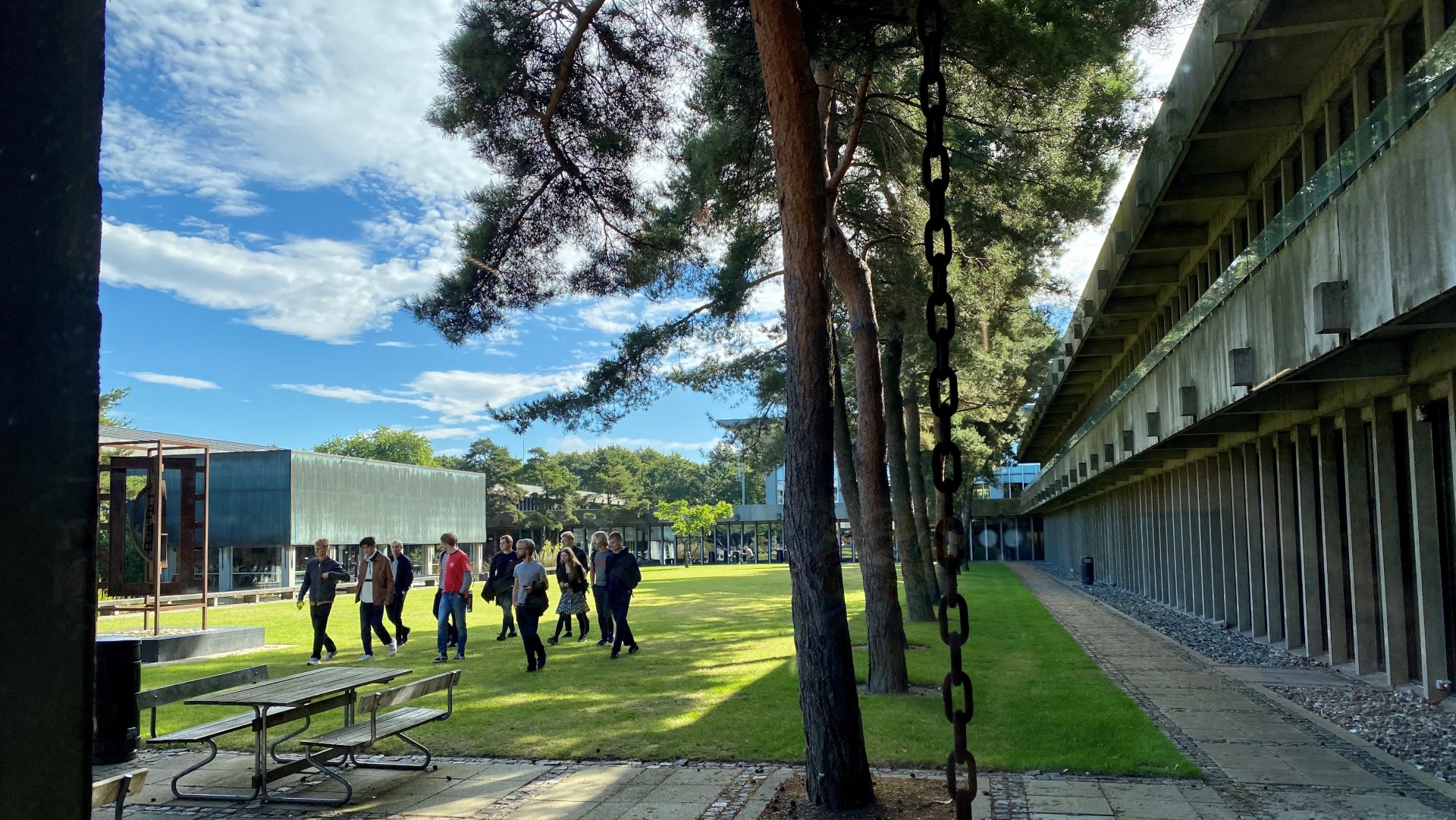The number of applications for admission to DTU fell by 8 per cent compared with the number of applicants in 2021. This decrease is constituted by a 5 per cent drop in applications to the BSc programmes and an 11 per cent drop for BEng programmes. This development reflects a nationwide trend that has seen applications to higher education programmes drop by more than 14 per cent when compared with applications received during the pandemic in 2021.
The decrease in the number of applicants was expected, and DTU Dean of Undergraduate Studies and Student affairs and Senior Vice President Lars D. Christoffersen is satisfied with the number of applications to DTU when set against the trend observed across Denmark.
“It is concerning that we will be unable to supply the engineers that there will be a demand for in the years to come. But this is a periodic displacement. We have a number of cohorts of young people whose education has been hit by a series of interruptions, which means it is wholly understandable that they feel a need to travel or enrol in a college,” says Lars D. Christoffersen.
When the application deadline for quota 1 passed at noon on Tuesday, the total number of applications to DTU had fallen from 7,402 last year to 6,827 this year. That equates to an 8 per cent drop. The Danish Ministry of Higher Education and Science notes that this trend is applicable to all higher education programmes, with applicant figures in 2022 corresponding to levels last seen in 2012.
BEng programmes
This year, the BEng programmes at DTU attracted fewer first priority applications compared with last year. A total of 1,042 people applied to a BEng programme compared with 1,096 last year. This represents a 5 per cent drop. Once again, the most popular BEng programmes are Civil Engineering as well as Software Technology, which are the most-applied-to programmes despite a fall in applicant numbers. Similarly, it is positive to note that the three programmes of Mechanical Engineering, IT and Economics, and Electrical Energy Technology have managed to attract more first priority applicants this year than they did last year.
Lars D. Christoffersen is also delighted that the Arctic Technology programme is once again this year likely to fill all its places following 21 first priority applications.
BSc programmes
The number of first priority applications to DTU’s BSc programmes has dropped from 1,766 in 2021 to 1,622 this year. That equates to an 8 per cent drop.
Just as in previous years, Software Technology, Artificial Intelligence and Data, and the English-language General Engineering programme are the BSc programmes to attract the most applicants However, this year they have been joined by Biomedical Engineering, which has seen a 4 per cent boost to its first priority applications.
General Engineering draws the most first priority applications
A total of 2,664 applicants chose DTU’s BSc and BEng programmes as their first priority, compared to 2,862 applicants in 2021. This is a 7% decrease compared with last year.
This year, General Engineering is again the study programme attracting the most applicants to DTU. DTU received a total 623 applications, of which 355 were first priorities.
The distribution of student places
All study programmes at DTU have a limited number of student places available. To what extent applications match the number of student places remains difficult to say so soon after the deadline for applications passed. DTU will explore whether it is possible to expand the number of places available on the most-applied-to study programmes. Regardless, it appears that DTU—again this year—will have to reject qualified applicants for the most popular programmes, whereas a small number of programmes will probably see vacant places in August.
